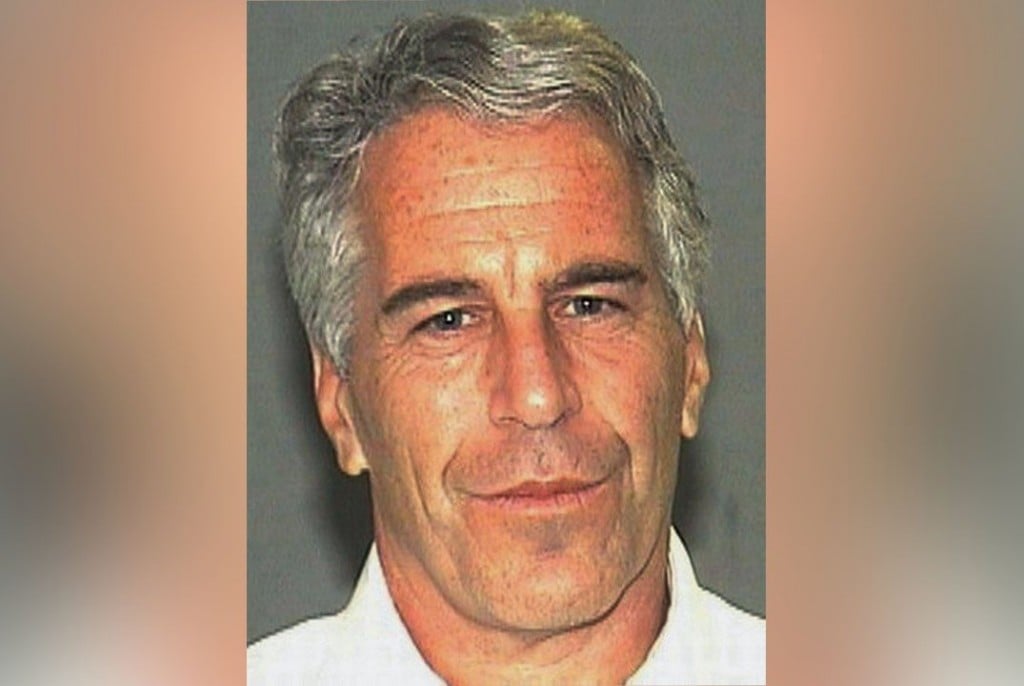Trump found liable for battery, defamation in E. Jean Carroll suit
(ABC NEWS) — A jury had found former President Donald Trump liable for battery and defamation in the E. Jean Carroll lawsuit.
Carroll, who brought the lawsuit in November, alleged that Trump defamed her in his 2022 Truth Social post by calling her allegations “a Hoax and a lie” and saying “This woman is not my type!” when he denied her claim that Trump raped her in a Bergdorf Goodman dressing room in the 1990s.
The former Elle magazine columnist added a charge of battery under a recently adopted New York law that allows adult survivors of sexual abuse to sue their alleged attacker regardless of the statute of limitations. Trump has denied all allegations that he raped Carroll or defamed her.
The jury was considering whether to hold Trump liable for battering Carroll and for defaming her and, if so, whether she deserved to be paid damages.
The verdict form required the jury to answer ten questions, including which degree of battery, if any, for which to hold Trump liable. The judge reminded the jury that the standard of proof is less in a civil case than it is for a criminal case — proving a claim by a preponderance of the evidence and not beyond a reasonable doubt.
Before deliberations started, Trump posted on social media, “Waiting for a jury decision on a False Accusation where I, despite being a current political candidate and leading all others in both parties, am not allowed to speak or defend myself, even as hard nosed reporters scream questions about this case at me. In the meantime, the other side has a book falsely accusing me of Rape, & is working with the press. I will therefore not speak until after the trial, but will appeal the Unconstitutional silencing of me, as a candidate, no matter the outcome.”
Early in the trial the judge had admonished the defense over Trump’s social media posts about Carroll and her allegations. The judge did not address this most recent post, but previously indicated that if Trump wanted to speak about the case he should testify under oath, which Trump declined to do.
In a civil case jurors are allowed to draw a negative inference when a defendant decides not to testify.
“He just decided not to be here. He never looked you in the eye and denied raping Ms. Carroll. Never did that,” Carroll’s attorney, Michael Ferrara, told jurors during the trial.
Carroll testified during the trial that she ran into Trump near the Bergdorf Goodman entrance and that he asked her to help him buy some lingerie as a gift. The two were laughing and joking, she said, when he led her into a dressing room, shut the door, shoved her up against a wall, and sexually assaulted her.
She told the jury that she first met Trump in 1987 — but she struggled to pinpoint the date that she alleges he attacked her, which she estimated was sometime around 1996.
“And why is there no date to an event as significant as this in someone’s life?” defense attorney Joe Tacopina countered. “It’s not a coincidence. With no date, no month, no year, you can’t present an alibi.”
Carroll’s attorneys seized on Trump’s deposition last year when he was shown a 1980s-era photograph of Carroll, her then-husband John Johnson, Trump, and his then-wife Ivana Trump — and he momentarily mistook Carroll for his second wife, Marla Maples.




